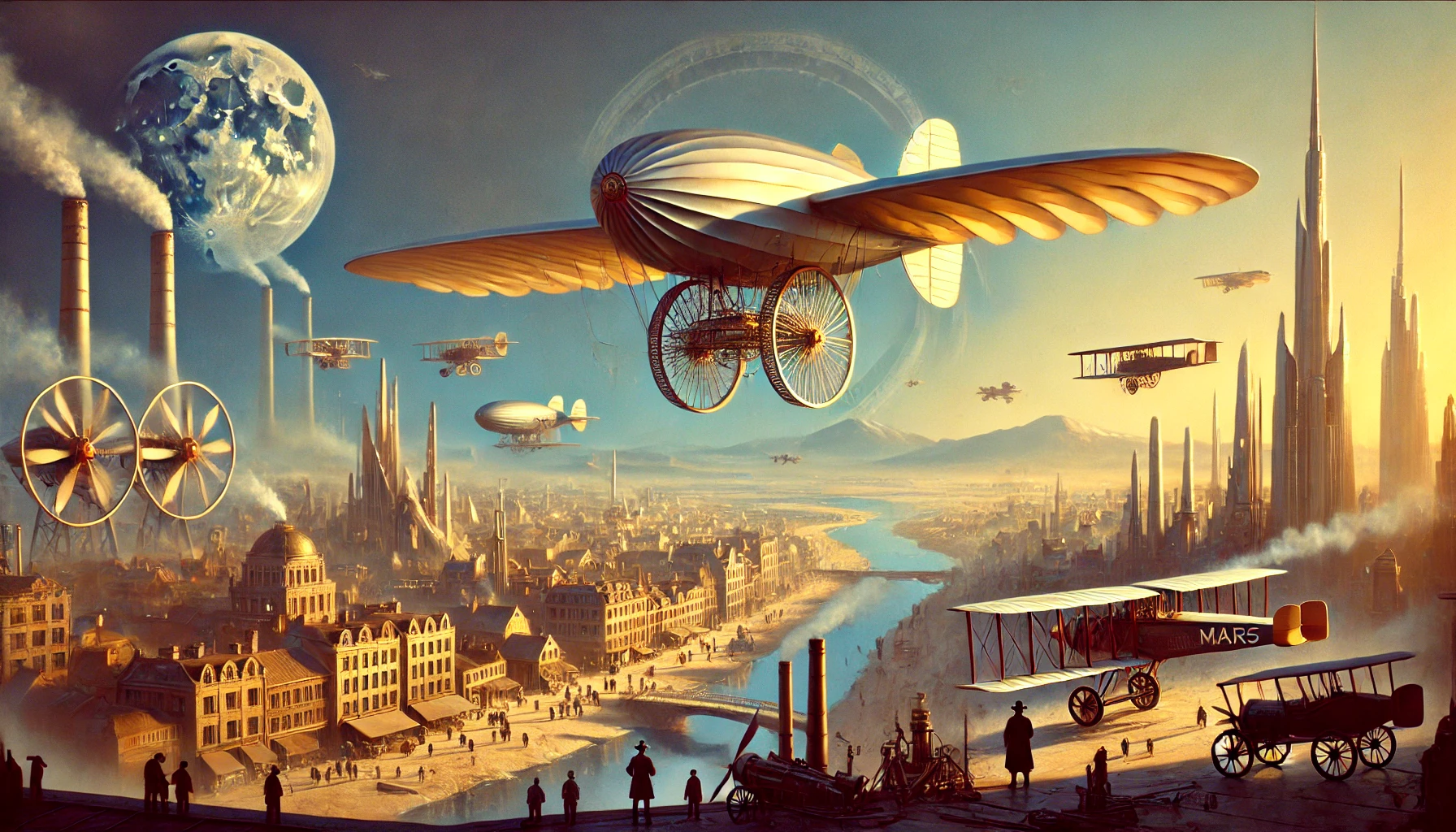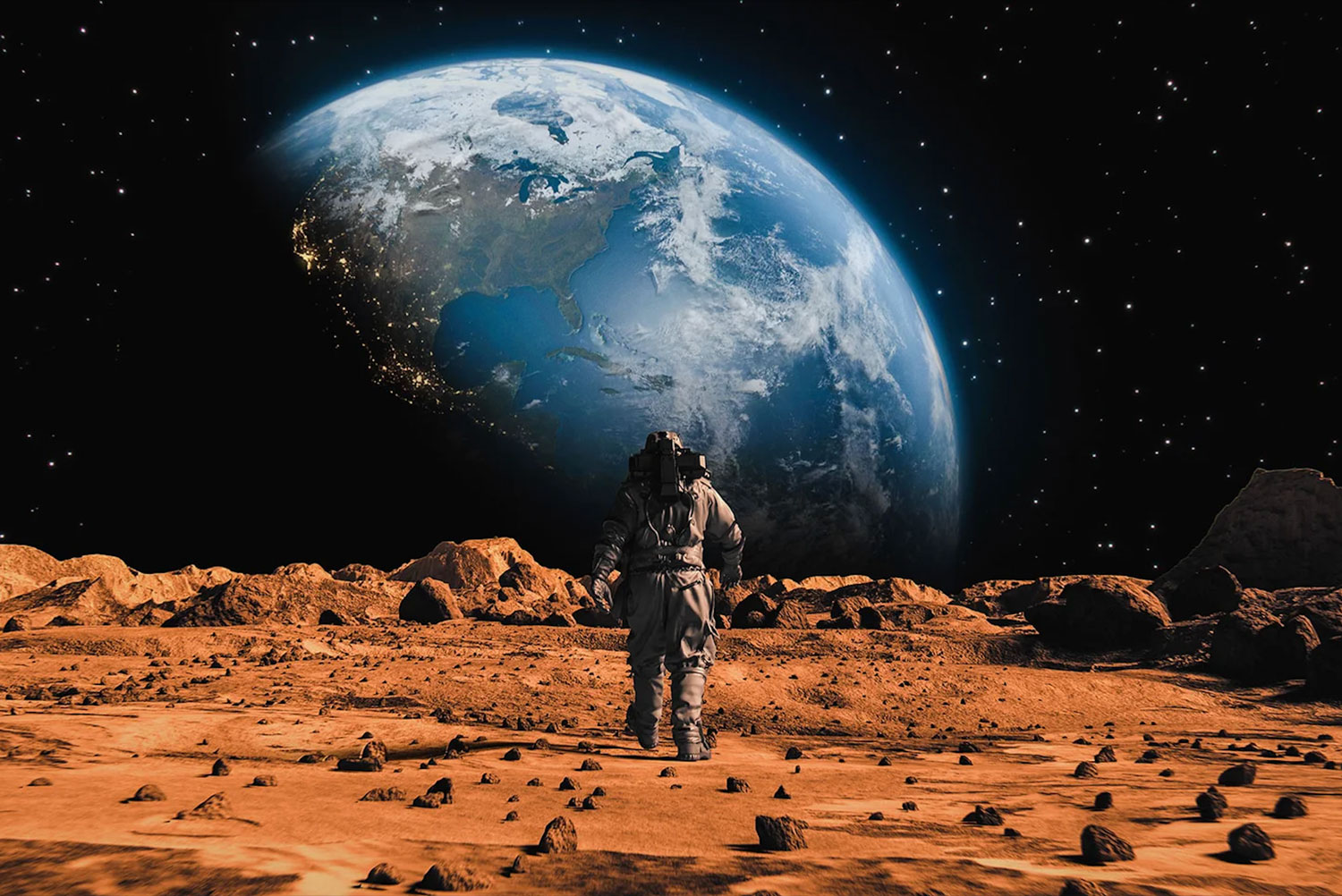CHAPTER XIII — Music is an Expression of the Father
byCHAPTER XIII — Music is an Expression of the Father highlights the profound role that music plays in the universe, especially on Mars, where it is seen as an essential expression of divine harmony. The narrative begins by emphasizing that all material manifestations, from the simplest particles to the most complex life forms, are inherently vibrational. These vibrations represent the shift from a divine cause to a material effect, where the universe itself is a physical embodiment of God’s harmony. This harmony is contrasted with discord, which is attributed to human actions. The text suggests that while the universe functions in divine balance, human beings, through their actions, often disrupt this natural order, resulting in the disharmony observed on Earth. The cosmic vibrational energy is understood as a reflection of the divine, and music, as one of its purest expressions, mirrors this connection.
The chapter further discusses how music is the most direct expression of the soul’s connection to the divine, with Mars serving as an example of an advanced civilization deeply in tune with the vibratory essence of existence. The fall of humanity, according to the narrative, has led to a loss of sensitivity to the fine frequencies that make up the universe’s vibrational makeup. On Earth, music is often limited in its ability to evoke true spiritual resonance because of humanity’s diminished ability to perceive higher frequencies. In contrast, Martians have a heightened musical sensibility, understanding that harmony is not merely a concept but a law of the cosmos. Music education is highly prioritized on Mars, where their instruments are far more advanced than those on Earth, able to detect and produce tones that are imperceptible to the human ear. The Martian approach to music is far beyond entertainment—it is deeply connected to spiritual development and the collective harmony of their society.
On Mars, music is not merely heard; it is experienced on multiple sensory levels. Martian music incorporates ethereal electric vibrations that allow listeners to experience sound and light simultaneously, akin to perceiving a rainbow through both sight and hearing. This form of musical creation is not focused solely on the technical aspects of sound production but on the deeper spiritual and emotional resonance it evokes. Music on Mars is used as a unifying and purifying force, capable of stimulating love and collective inspiration. Martian practices in music, including singing and ensemble work, are fundamental to maintaining societal cohesion and spiritual elevation. Through music, the Martians are able to cultivate a shared sense of purpose and love, creating a community bound together by their connection to the divine and to each other. Music serves as a reflection of their spiritual development, helping to maintain their society’s harmony and alignment with divine principles.
The chapter concludes by drawing parallels between Martian musical experiences and the potential for spiritual awakening on Earth. It suggests that as humans spiritually evolve, they too could become receptive to the more subtle vibrations of the universe, and music would play a central role in this progression. By aligning more closely with divine harmony, humans could elevate their consciousness and become attuned to the vibrational frequencies that underlie all existence. The narrative presents the Martian example as a guiding vision for humanity, urging Earth’s inhabitants to embrace music as not just an art form but a path to spiritual and communal upliftment. Through this, music is framed not only as an expression of divine harmony but also as a means to transcend the limitations of the material world. It is suggested that through the power of music, humans can reconnect with the divine, find unity, and ultimately participate in a broader cosmic order.


